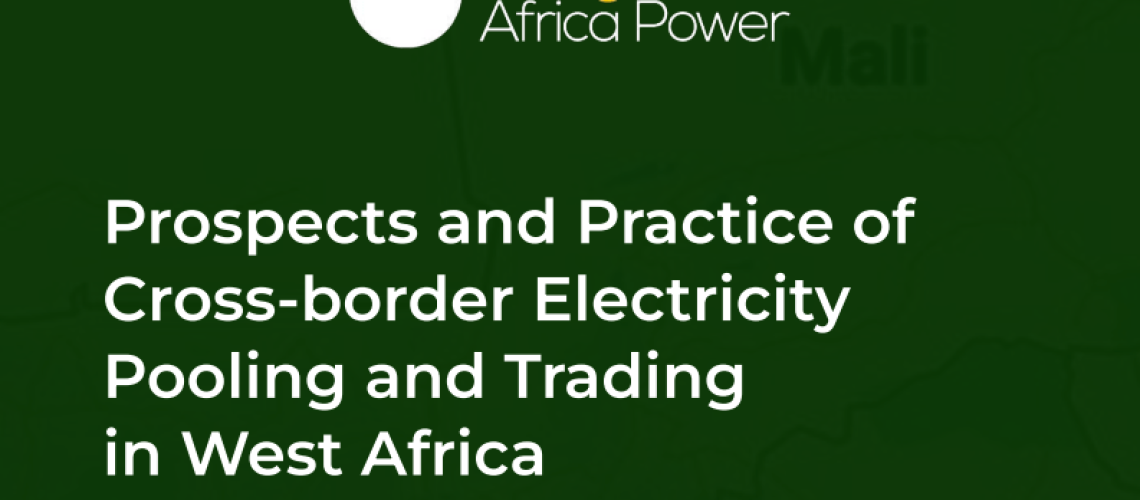Cross-border electricity pooling and trading is increasingly modelled as a solution for overcoming the challenges of insufficiencies and inefficiencies in the electricity sector of many developing countries. Regional electricity pooling and trading can help lower energy costs, reduce power swings and shocks, alleviate shortages, speed up decarbonization, and create incentives for market expansion and integration.
It is to this end that the West African Power Pool (WAPP) was formed in 2000 as a specialized agency of the ECOWAS to facilitate and govern important frameworks that could result in more electricity integration and trading in West Africa.
This study analyses the prospects, practices, and challenges of cross-border electricity pooling in the West African region. It concludes that although certain progress has been made to leverage the enormous opportunities in such cooperation, progress has been slow, incomplete, and uneven because of certain technical, economic, and governance challenges.


